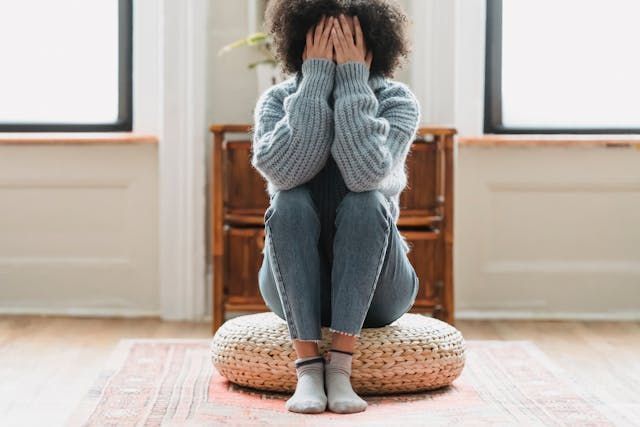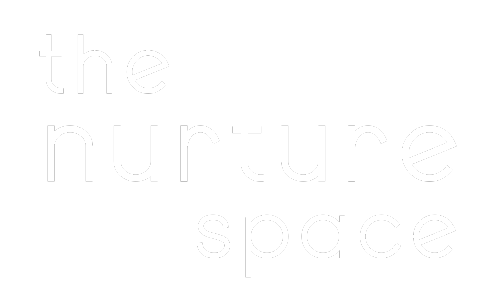Unpacking the Baggage: How Childhood Wounds Affect Adult Relationships
When the imprints of past childhood trauma come alive in your current relationships

Childhood Trauma
Childhood is a time of innocence and vulnerability, but it's also a time when many of us experience wounds and scars that can impact our adult lives, particularly our relationships. These childhood wounds can be emotional, psychological, or even physical, and they often shape our behaviours, beliefs, and attitudes as we grow older. In this blog, we will delve into the ways in which childhood wounds can get in the way of our adult relationships and explore strategies for healing and growth.
Attachment Styles
One of the primary ways childhood wounds affect adult relationships is through the development of attachment styles. Attachment theory, pioneered by John Bowlby and later expanded upon by Mary Ainsworth, suggests that the early bonds we form with our caregivers influence how we relate to others in adulthood.
Secure Attachment: Children who experience consistent love, care, and responsiveness from their caregivers tend to develop secure attachment styles. They grow up with a healthy sense of trust in others and are capable of forming stable, fulfilling relationships as adults.
Anxious Attachment: Children who experience inconsistent caregiving may develop anxious attachment styles. They often fear abandonment and seek constant reassurance from their partners, sometimes becoming overly dependent and clingy.
Avoidant Attachment: Children who experience emotional neglect or have caregivers who are emotionally unavailable may develop avoidant attachment styles. They often struggle with intimacy and vulnerability in adult relationships, maintaining emotional distance to protect themselves from potential hurt.
Attachment Wounds
One way childhood wounds manifest in adult relationships is through the repetition of unhealthy patterns. People may unconsciously seek out partners who replicate the dynamics of their early relationships, hoping to heal their childhood wounds through these new connections. Unfortunately, this often leads to the perpetuation of dysfunction and unaddressed emotional pain. For example, if someone grew up with a distant or critical parent, they might find themselves drawn to partners who exhibit similar traits, recreating a familiar but unhealthy dynamic. Recognising these patterns is the first step toward breaking the cycle.
Childhood wounds can also affect how we communicate and express our emotions in adult relationships. For instance:
Difficulty in Expressing Needs: Individuals who grew up in environments where their emotional needs were ignored or invalidated may struggle to express their needs or emotions in their adult relationships. They may fear rejection or dismissiveness and thus avoid confrontation.
Overreactions: Childhood wounds can make people more sensitive to perceived rejections, causing them to overreact to minor issues in their adult relationships. These overreactions can lead to conflict and misunderstandings.
Trust Issues
Childhood wounds that involve betrayal or abandonment can lead to trust issues in adult relationships. A person who has been let down or hurt in their formative years may find it challenging to trust and fully open up to a partner. Trust issues can result in jealousy, insecurity, and difficulty forming deep emotional bonds.
Self-Esteem and Self-Worth
Childhood wounds can profoundly impact a person's self-esteem and self-worth. Negative experiences in childhood, such as verbal abuse or constant criticism, can lead to feelings of inadequacy and self-doubt. These feelings can carry into adulthood and affect how individuals perceive themselves in their relationships.
Healing Insecure Attachment
Acknowledging the impact of childhood wounds on adult relationships is the first step towards healing and growth.
Here are some strategies to overcome these challenges:
Self-Awareness: Reflect on your past and the wounds you may have experienced. Understand how they have shaped your beliefs and behaviours in your adult relationships.
Seek Therapy: Professional therapy, particularly with a therapist specialising in attachment and childhood trauma, can be immensely beneficial in addressing and healing these wounds.
Communicate with Your Partner: Open and honest communication with your partner about your past experiences can foster understanding and support in your relationship.
Self-Care: Prioritise self-care and self-love to rebuild your self-esteem and self-worth. This can include practices like mindfulness practices, journaling, and self-compassion exercises.
Break Harmful Patterns: Work with a therapist or counsellor to recognise and break the harmful patterns in your relationships.
Childhood wounds are an integral part of who we are, but they don't have to define our adult relationships. By recognising the impact of these wounds and taking proactive steps towards healing and growth, we can create healthier, more fulfilling relationships. Ready to start your healing journey? The Nurture Space is here to support you!
Remember, the past does not have to dictate your future, and with the right support to process and integrate these earlier childhood wounds, you can build strong, loving connections with others. Our team of experts can help you unlock your potential and create the relationships you deserve. Contact us for a free consultation.



